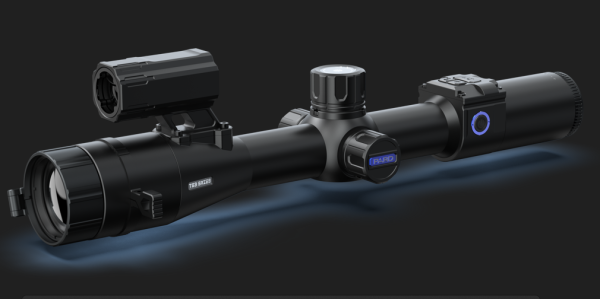MI DNR’s new web-based map displays inland lake habitat information

The Michigan Department of Natural Resources recently launched a new web-based mapping tool – the Inland Lake Habitat Viewer – to provide the public with information about the state’s inland lakes. The tool, available at michigan.gov/fishing, is ideal for those interested in learning more about habitat conditions in an individual lake or how habitat conditions vary among lakes in the state.Michigan’s 11,000 inland lakes are incredibly diverse and vary in depth, productivity, thermal stratification, oxygen, alkalinity, shoreline armoring, docks, woody habitat, housing density and other characteristics. The DNR routinely collects data on these characteristics, which are critical for sustaining populations of fish, frogs, turtles, birds and other wildlife.
These data also can be used to find lakes with high-quality habitat when planning fishing trips. Visitors to the Inland Lake Habitat Viewer can use the map’s zoom feature to find a lake of interest and its relevant information.
“We’ve been gathering this information for years and we’re thrilled to make it available to the public,” said Joe Nohner, resource analyst with the DNR’s Fisheries Division. “We think it will serve as a useful tool for those looking to better understand inland lakes they fish or want to protect for future generations.”
Michigan’s lakes are changing as nutrients enter from surrounding land, shorelines are altered, the climate changes, invasive species become introduced or established, and woody habitat is removed. The DNR uses habitat information to assess the condition of lakes, prescribe appropriate fisheries management actions, and make recommendations for people who live, work and play around lakes so they can protect the health of their lakes for current and future generations.
In addition to the Inland Lake Habitat Viewer, the DNR has other helpful information about how to improve fish habitat. This includes the DNR’s Conservation Guidelines for Lakes, which provides information on maintaining healthy lakes. Additionally, the department supports the Michigan Natural Shoreline Partnership and its Shoreland Stewards program, which can assist shoreline property owners with future habitat restoration and protection efforts.





